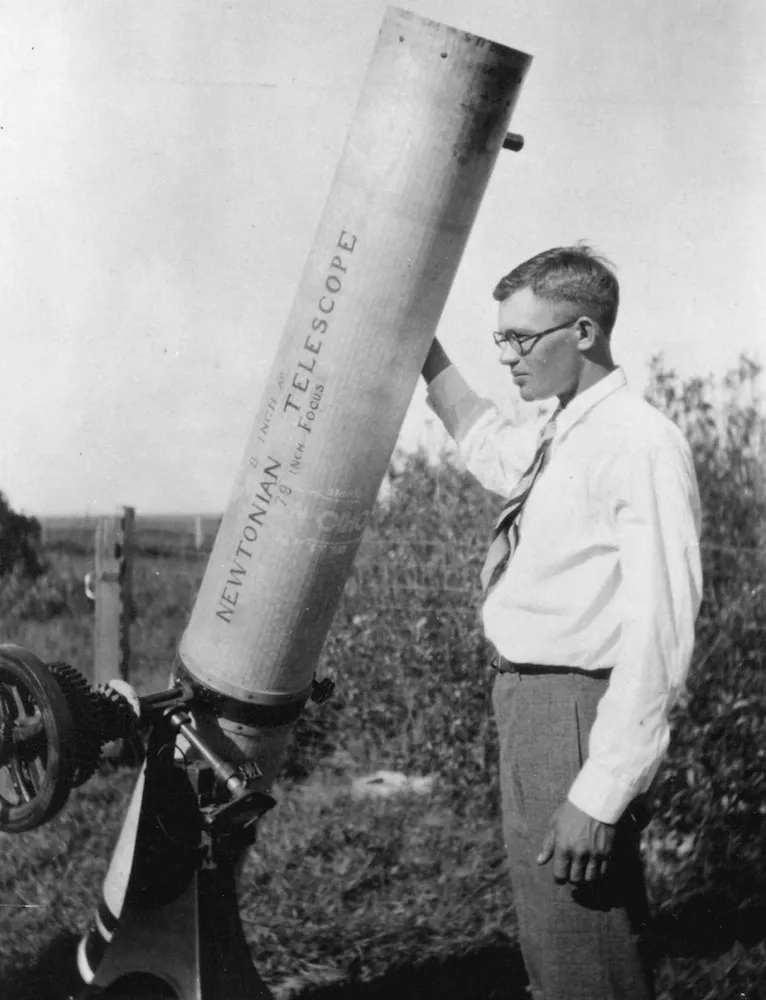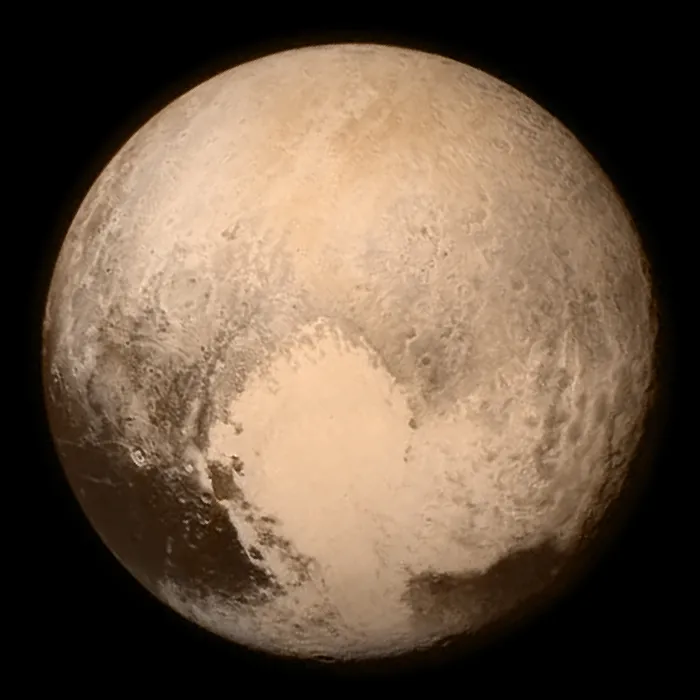
Kansas, 1929.
Blisters covered the pads of his hands and each pitch of the shovel made them throb. Another spray of dirt flew through the air and onto the growing mound beside the ditch.
Clyde brought the shovel to his side, stabbed it into the soft earth, and leaned on it heavily. He took stock of his hole: A 24 by 7 foot rectangle about four feet deep. Just about half way down.
The sun was setting, and Clyde's shoulders caught the light over the top of the pit, casting a long shadow onto the grass. Clyde stopped shoveling and squinted into the dusty sunlight as a tall silhouetted figure approached.
"Clyde."
The word just hung there for awhile. Muron stood over the hole, looking down, chewing on a plug of tobacco. After twenty years of dealing with his son's "oddness", Clyde's father had learned to distill a whole, unspoken chiding into a single word. "Clyde" could mean lots of things. Today "Clyde" meant "Clyde, why in tarnation are'ya diggin that hole?" Other times "Clyde" might mean "Why're ya saving yer allowance to make a damned mirror?" or "What're ya doin in the barn all night 'stead of chasin girls and gettin inta trouble?"
Clyde got back to digging. "Yeah, pa?"
Muron looked over his left shoulder, off toward the corn, and spat. "Sun's goin down, yer ma's makin dinner."
Neither man spoke. A warm, humid summer breeze, the scrape of a shovel in dirt, and the landing of earth on earth were the only sounds for a time.
Muron squinted back down into the pit. "What's this thing fer uhgen?"
This would be the third time Clyde explained it. He kept on shoveling as he did, punctuating his short, annoyed sentences with flings of dirt. "Too much wind up there. And too hot, too. Warps the telescopic mirrors." Dirt flew in a rhythm over Clyde's right shoulder. "A depression should reduce the ambient temperature. And control the air flow."
Muron looked down, unchanged, for a while longer, than slowly turned back towards the corn. He spat again, contemplatively this time. "Tel-oh-scah-pick," he murmured to himself. Then he turned back towards the house and the setting sun. "Well, be in by sundown. Even a genius gottuh eat."
Clyde stopped shoveling and, with a small smile, looked up at his father's back. "Yes, pa." Clyde watched his father walk off toward the farmhouse, through the haze of the late Kansas summer. The sun was half-way over the horizon, and Clyde could just start to make out the moon. I'll see you a lot better, soon enough. But first I've got to finish this dang hole.
He kept on shoveling.

Deep Space, 2015
A golden vessel flies through the blackness of outer space, travelling many kilometers every second. It was shot off of the planet Earth, at speeds 40 times faster than a bullet, and it travels even faster now.
A decade ago, its target was 7.5 billion miles away. The ship was sent to a place never before visited. Smaller than a planet, but bigger than an asteroid - A "Dwarf" - though they still called it a planet when the ship left Earth.
Today the ship has finally arrived. Its sophisticated photographic lenses aim at the prize and begin to record, exactly as planned. When the scans are complete, the ship sends its discovery back towards Earth.
Just over 5 hours later, the scans will be received and meticulously analyzed by scientists who devote their lives to the stars. Those scientists will hail the mission as a success, and, for another brief moment, Earth's attention will be drawn to space once again. The "New Horizons" probe will join a short list of human technological achievements.
But now the ship careens onward, past its target, towards the ends of our solar system, out into the chaos of the solar winds and, perhaps, beyond, into true interstellar space. In doing so it will move beyond human experience and scale, into a place we, ourselves, cannot venture.
Except, aboard that ship are the ashes of one human man, born in a place called Illinois, raised on a thing called a farm, in another place called Kansas. To commemorate that human being, there is an inscription: one which will never be seen by human eyes again, nor understood by any eyes which might one day come upon it. It floats through space, impossibly, right now, and it reads:
Interred herein are remains of American Clyde W.Tombaugh, discoverer of Pluto and the solar system's 'third zone'. Adelle and Muron's boy, Patricia's husband, Annette and Alden's father, astronomer, teacher, punster, and friend: Clyde W. Tombaugh (1906-1997)".
Clyde Tombaugh was born in Illinois in 1906. His family moved to a Kansas in the 20s, where Clyde taught himself how to make the mirrors for a telescope. He dug an 8 foot deep ditch on his parents property to create a better testing environment. He became a renowned astronomer and discovered the dwarf planet Pluto in 1930. He went on to have a long, fruitful life and passed away in 1997. He was cremated and a portion of his ashes interred on the New Horizons space vessel, which arrived beside the dwarf planet Pluto, 7.5 billion miles from Kansas, in 2015.
Support SteemSTEM - curating and supporting quality STEM related content on Steemit
Information Sources:
https://en.wikipedia.org/wiki/Clyde_Tombaugh
https://en.wikipedia.org/wiki/New_Horizons#Launch
Picture Source
[1]See page for author [Public domain], via Wikimedia Commons
[2]NASA Public Domain, via Wikimedia Commons